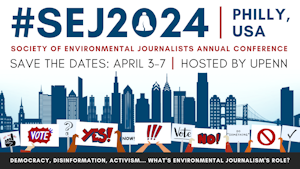Cosmetics Key In Teens' Exposure to Hormone-Disrupting Chemicals
"Using cosmetics and personal care products that don’t contain certain hormone-disrupting ingredients for only three days, women can significantly reduce their exposure to these chemicals, according to a study published today in Environmental Health Perspectives."

















